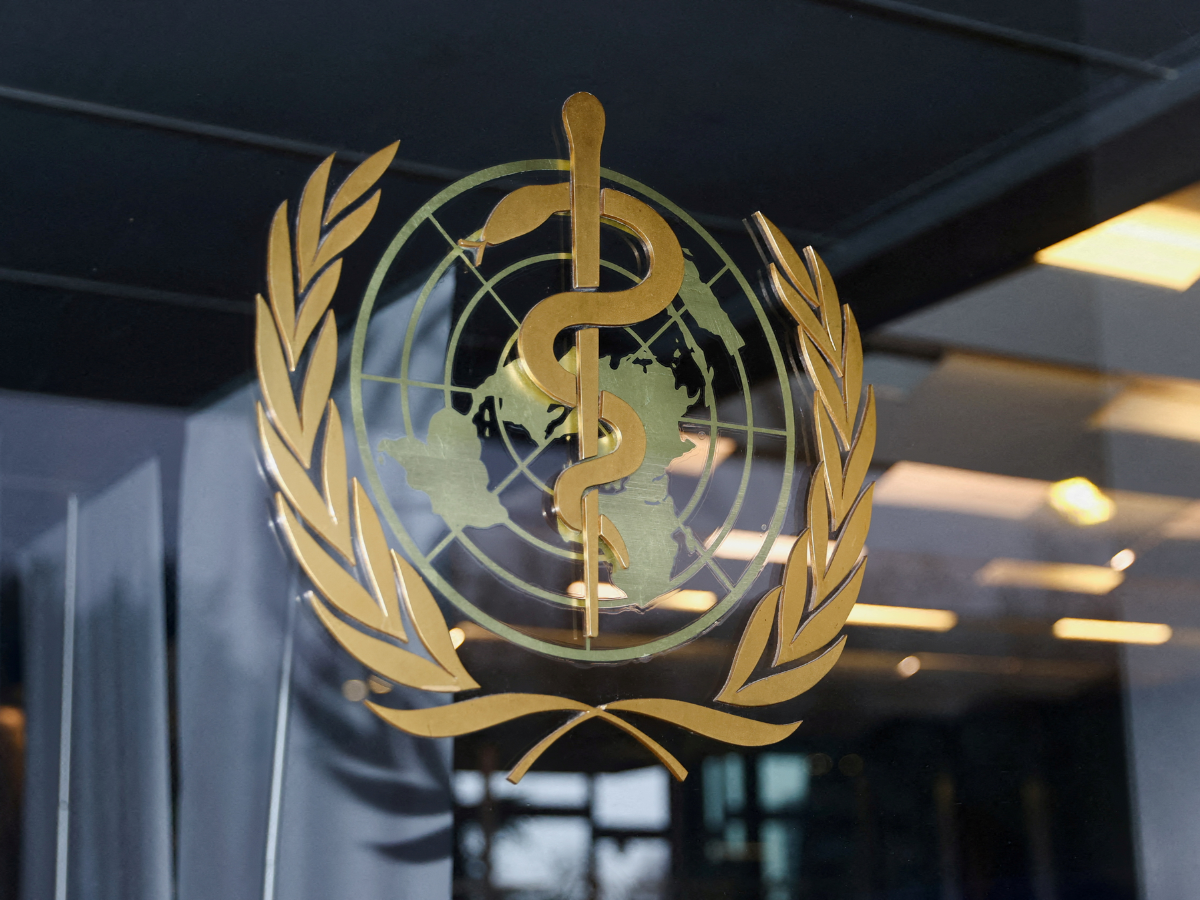The World Health Organisation (WHO), the world’s leading public health organisation, issued a warning on Tuesday against employing artificial intelligence (AI) in public healthcare.
It stated that the data utilised by AI to make choices could be biassed or exploited, and it urged adopting the technology with caution.
According to the WHO, risks must be thoroughly evaluated before utilising AI-generated large language model tools (LLMs) such as “ChatGPT, Bard, Bert, and many others” to protect and enhance human well-being and public health.
The health agency said that while it was enthusiastic about the potential AI holds, it has concerns over how the technology will be used.
It said, “There is concern that caution that would normally be exercised for any new technology is not being exercised consistently with LLMs.”
“This includes widespread adherence to key values of transparency, inclusion, public engagement, expert supervision, and rigorous evaluation.”
As per the WHO, the “precipitous” adoption of untested AI systems could lead to errors by healthcare workers, which could harm patients. This, it warned, could “cause harm to patients, erode trust in AI and thereby undermine (or delay) the potential long-term benefits and uses of such technologies around the world.”
It further cautioned that artificial intelligence LLMs like ChatGPT and Bard that imitate understanding, processing, and producing human communication could be misused to “generate and disseminate highly convincing disinformation”.
This disinformation, as per the WHO, can be in textual, audio or video form and would be difficult to differentiate from reliable health content for the public.
Reiterating the importance of applying ethical principles and appropriate governance, the World Health Organization specified six core principles it has identified as imperative while using AI in healthcare. These are: protect autonomy; promote human well-being, human safety, and the public interest; ensure transparency, explainability, and intelligibility; foster responsibility and accountability; ensure inclusiveness and equity; promote AI that is responsive and sustainable.
The health agency said that while it is committing to harnessing new technologies, including AI and digital health, towards the improvement of human health, it recommends that policymakers must ensure patient safety and protection.











More Stories
Pak PM: India Fired Brahmos Before Our Retaliation
देहरादून: सूर्यधार रोड पर भिड़ीं गाड़ियां, शख्स को कुचलने की कोशिश; 9 गिरफ्तार
शाहरुख खान संग ये खास शख्स भी नहीं था मौजूद, फिर भी ग्रैंड रहा अबराम का 12वां बर्थडे, सामने आया पार्टी का इनसाइड वीडियो